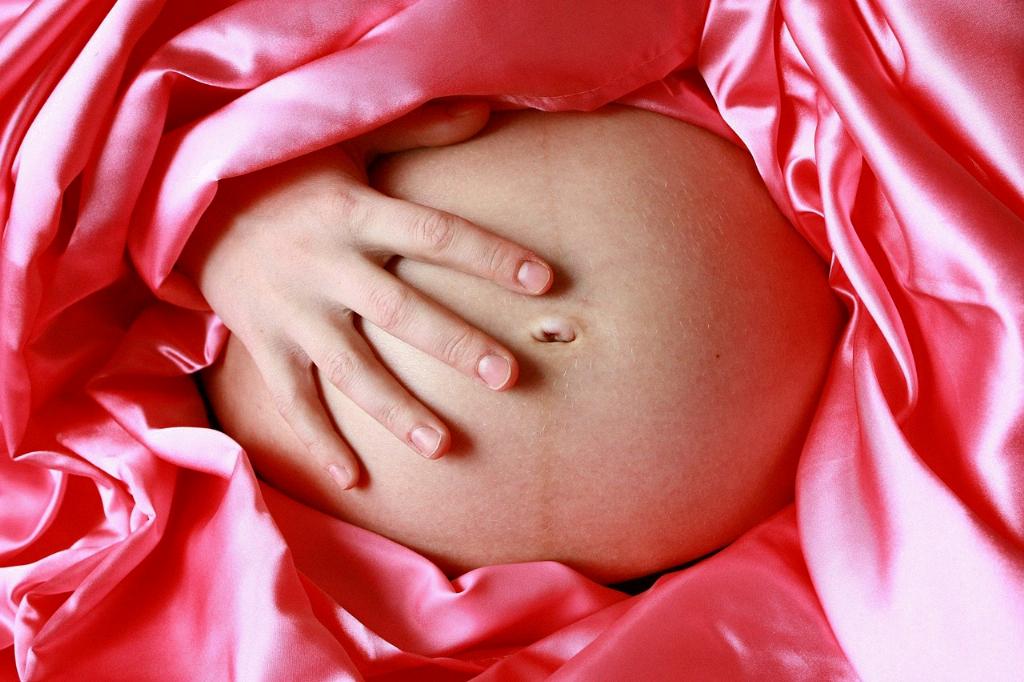Many individuals may wonder whether early miscarriage can cause diarrhea, as it is important to recognize the potential symptoms and signs associated with this delicate situation. Miscarriage, the loss of a pregnancy before 20 weeks, is a distressing event that can manifest itself in various physical and emotional ways. While diarrhea is not commonly listed as a primary symptom of early miscarriage, it is noteworthy that it can occur in some cases along with other signs such as back pain and nausea.
Exploring the Symptoms of Early Miscarriage
When discussing the symptoms of early miscarriage, it is crucial to address the diverse ways in which the body may respond to this challenging experience. While the most common signs include vaginal bleeding, cramping, and passing tissue, it is significant to recognize that each individual may exhibit unique symptoms that can vary in intensity and duration. Diarrhea, characterized by loose or watery stools, is occasionally reported by individuals in the context of early miscarriage alongside more traditional indications.
Examining the Potential Causes of Diarrhea in Early Miscarriage
Diarrhea accompanying early miscarriage can be attributed to a range of factors that influence the gastrointestinal system during this physically and emotionally trying time. It is important to understand that stress and hormonal fluctuations associated with miscarriage can impact digestive processes, potentially leading to symptoms such as diarrhea. Additionally, the body’s response to the physical changes occurring during miscarriage may contribute to gastrointestinal disturbances, including diarrhea.
Considering the Emotional Impact of Early Miscarriage
Early miscarriage can evoke a spectrum of emotional responses, including sadness, grief, and anxiety. These intense feelings can trigger physical reactions in the body, influencing various systems, including the digestive system. Stress and emotional distress experienced during miscarriage can affect gut function, potentially leading to symptoms like diarrhea for some individuals undergoing this challenging situation.
Seeking Medical Guidance and Support
Given the complexity of early miscarriage and its potential physical and emotional effects, it is essential for individuals experiencing this situation to seek medical guidance and support. Consulting with healthcare professionals can provide valuable insights into the individual’s specific circumstances, ensuring appropriate care and management. Addressing symptoms such as diarrhea in the context of early miscarriage requires a comprehensive approach that considers both physical and emotional well-being.
Practicing Self-Care and Compassion
During the challenging period of early miscarriage, practicing self-care and compassion is paramount for individuals navigating this difficult time. Engaging in activities that promote relaxation and reduce stress can positively impact overall well-being, potentially alleviating symptoms like diarrhea that may arise. Prioritizing self-care and seeking support from loved ones can aid in coping with the emotional and physical toll of early miscarriage.
Understanding Individual Variability in Symptom Presentation
It is important to acknowledge that each individual may experience early miscarriage differently, with variations in symptom presentation and severity. While some individuals may not exhibit diarrhea as a symptom, others may report this gastrointestinal disturbance alongside other common signs of miscarriage. Recognizing the variability in how early miscarriage manifests underscores the complex nature of this experience and reinforces the importance of personalized care and support.
Emphasizing the Intersection of Physical and Emotional Well-Being
The interplay between physical and emotional well-being during early miscarriage underscores the holistic nature of this reproductive health event. Understanding how emotional distress and stress can influence physical symptoms like diarrhea highlights the need for comprehensive care that addresses both the physical and emotional aspects of miscarriage. By recognizing the interconnectedness of these components, individuals can better navigate the challenges associated with early pregnancy loss.
Advocating for Open Dialogue and Support
Encouraging open dialogue and fostering a supportive environment for individuals experiencing early miscarriage are vital aspects of promoting healing and well-being. Creating spaces where individuals can share their experiences, concerns, and symptoms without judgment can foster a sense of community and understanding. By advocating for open communication and support, we can contribute to a compassionate and empathetic approach to addressing the complexities of early pregnancy loss.
Conclusion: Navigating Early Miscarriage with Awareness and Care
In conclusion, while diarrhea may not be a commonly discussed symptom of early miscarriage, it can occur in some individuals alongside other signs such as back pain and nausea. Understanding the potential causes of diarrhea in the context of miscarriage, including stress, hormonal fluctuations, and the body’s response to physical changes, underscores the multifaceted nature of this experience. By seeking medical guidance, practicing self-care, and emphasizing the intersection of physical and emotional well-being, individuals can navigate early miscarriage with awareness, compassion, and support.

